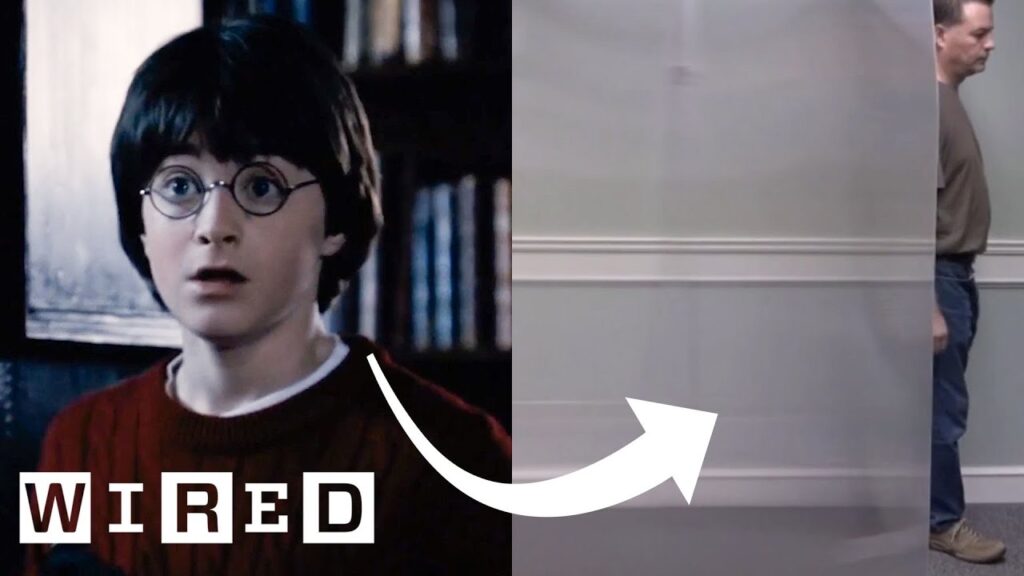Benefits of Zero-Knowledge Proofs in Increasing Trust
Summary
In this article, we discuss the benefits of zero-knowledge proofs in increasing trust, particularly in elections. We also explore the concept of zero-knowledge proofs and their use in cryptography, including their first encounter with NP-completeness and the use of randomness to hide information. Additionally, we touch on the challenges of finding the best place to use zero-knowledge proofs and the efficiency bottlenecks in their implementation.
Table of Contents
- The Power of Zero-Knowledge Proofs
- Zero-Knowledge Programs in the Blockchain Space
- Understanding Hardness in Cryptography
- Making the Impossible Possible
The Power of Zero-Knowledge Proofs
Zero-knowledge proofs have the power to increase trust in various applications, particularly in elections. Our research in multi-party computation protocols for aggregate statistics has shown that the power of zero-knowledge proofs can be used to help with the tremendous level of mistrust that exists in society. The concept of zero-knowledge is fascinating, and it is based on the idea that if you can already predict the answer, then you must not be gaining any knowledge by that interaction. The difference between knowledge and information is fundamental from a computing and security perspective. Big data does not immediately imply access to the data or knowledge.
However, the main bottleneck in using zero-knowledge proofs in applications tends to be on the prover’s job. It is unclear if the prover’s job can be split up into lots of parallel computation. Despite this, there has been a transition from theoretical to applied zero-knowledge proofs, and the power of multi-party computation can be used to help increase trust in various applications.
Zero-Knowledge Programs in the Blockchain Space
Zero-knowledge programs are being incorporated more in the blockchain space, and there is a growing interest in the development of zero-knowledge proof. These programs allow for computations to be carried out in a way that does not reveal the structure of the compound. However, there is a need to understand hardness in cryptography and to find new sources of hardness that are quantum resistant.
Understanding Hardness in Cryptography
Understanding hardness in cryptography is crucial for the development of secure systems. We must find new sources of hardness that are quantum resistant, as quantum computers can easily break current encryption methods. Additionally, we must consider the efficiency of implementing zero-knowledge proofs, as they can be computationally expensive.
Making the Impossible Possible
As researchers in cryptography, it is our job to make the impossible possible. Zero-knowledge proofs have the power to increase trust in various applications, and their incorporation in the blockchain space is a promising development. However, we must continue to explore new sources of hardness and find ways to make the implementation of zero-knowledge proofs more efficient. By doing so, we can create a more secure and trustworthy digital world.
Conclusion
In conclusion, zero-knowledge proofs have the potential to increase trust in various applications, particularly in elections. Their use in the blockchain space is also a promising development. However, we must continue to explore new sources of hardness and find ways to make the implementation of zero-knowledge proofs more efficient. As researchers in cryptography, it is our job to make the impossible possible and create a more secure and trustworthy digital world.







